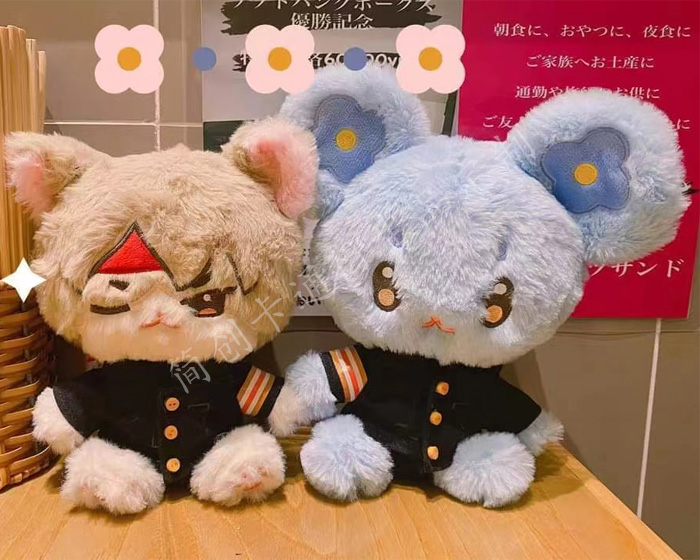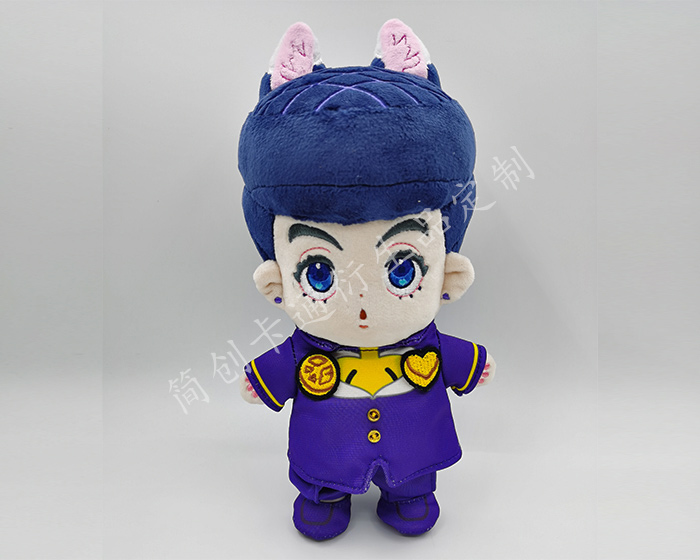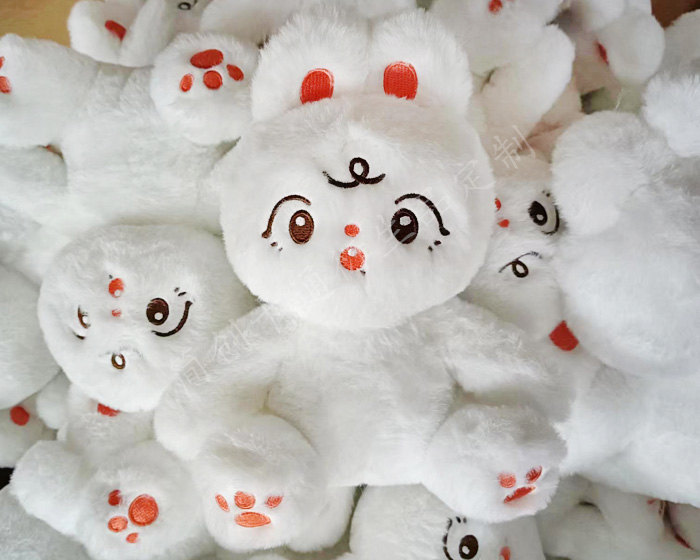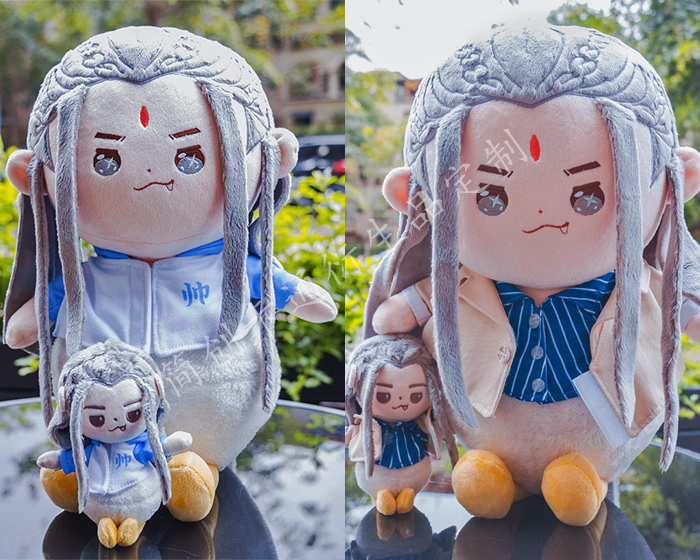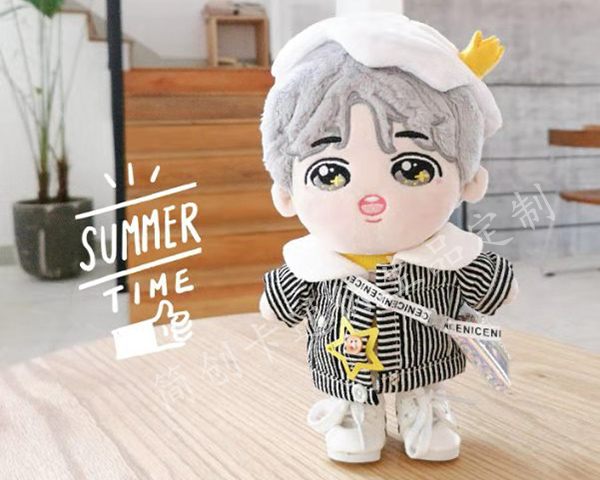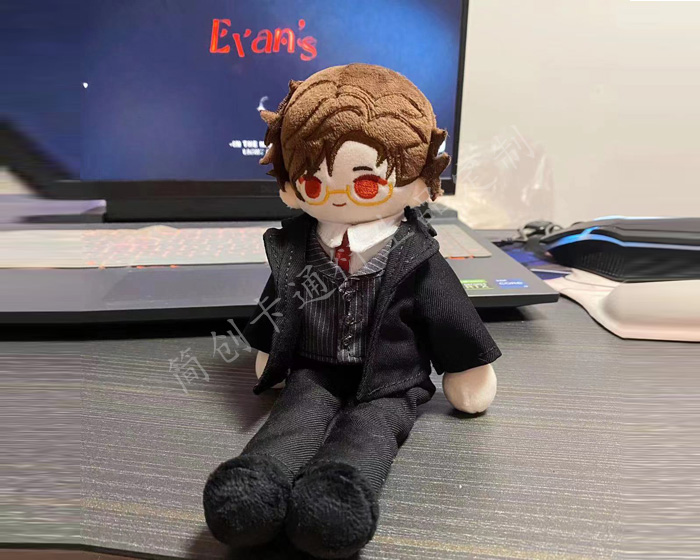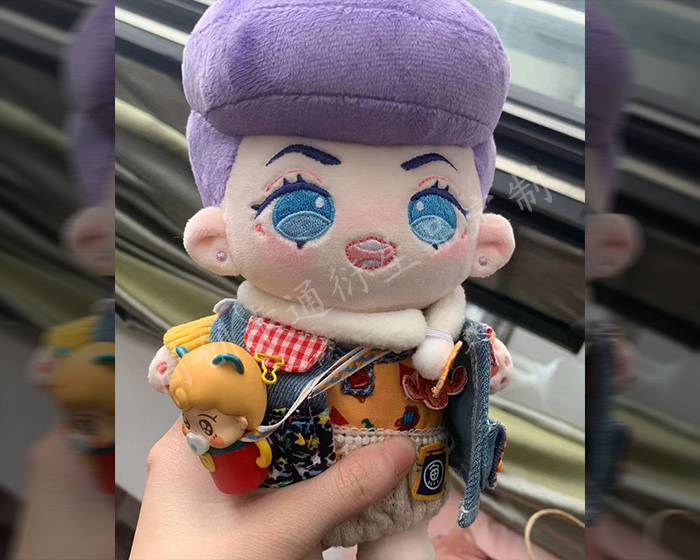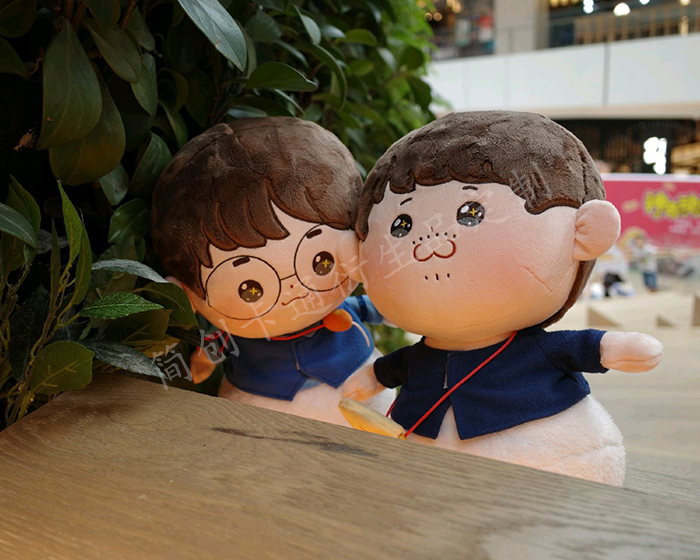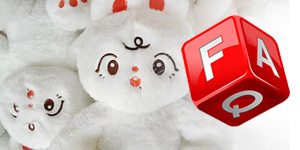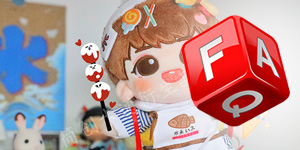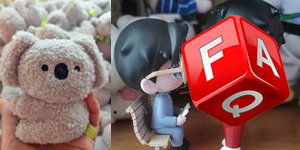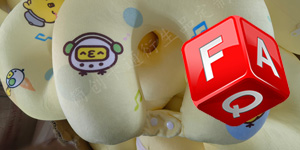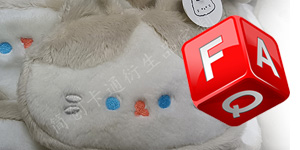anime plush toys can help with emotional development in various ways. Here are some of the ways they can contribute:
Comfort and Security
-
Emotional Support: Holding and cuddling plush toys can provide comfort and a sense of security, especially for children dealing with stress or anxiety.
-
Attachment Objects: anime plush toys can serve as transitional objects that help children manage separation from parents or caregivers, providing a reliable source of comfort.
Imagination and Creativity
-
Role-Playing: Engaging in imaginative play with plush toys allows children to explore different scenarios and roles, enhancing their creativity and problem-solving skills.
-
Storytelling: Creating stories involving their favorite anime characters can help children express their thoughts and emotions, fostering language development and narrative skills.
Social Skills
-
Social Interaction: Playing with plush toys can facilitate social interactions with peers, teaching children how to share, cooperate, and negotiate.
-
Empathy Development: Caring for plush toys and engaging in role-playing can help children develop empathy by understanding different perspectives and emotions.
Emotional Expression
-
Safe Outlet: Plush toys can provide a safe outlet for expressing emotions that children might find difficult to articulate, such as fear, anger, or sadness.
-
Emotional Regulation: Interacting with plush toys can help children practice self-soothing techniques and emotional regulation, such as calming down after a tantrum or dealing with disappointment.
Coping Mechanisms
-
Stress Relief: Hugging or playing with a favorite plush toy can help reduce stress and provide a sense of calm during challenging times.
-
Problem-Solving: Using plush toys to act out scenarios can help children work through their fears and anxieties, developing healthier coping strategies.
Attachment and Relationships
-
Bonding: Plush toys can symbolize important relationships, such as a favorite anime character that a child feels connected to, enhancing their sense of attachment and belonging.
-
Trust and Loyalty: Through consistent interactions with their plush toys, children can learn about trust, loyalty, and dependability.
Therapeutic Uses
-
Therapy Tools: Plush toys are often used in therapeutic settings to help children express their feelings and work through trauma or emotional difficulties.
-
Comfort Objects in Therapy: Having a beloved plush toy during therapy sessions can make children feel more comfortable and open to discussing their emotions.
Developmental Benefits
-
Emotional Intelligence: Engaging with plush toys can enhance a child's emotional intelligence by helping them identify and understand their own and others' emotions.
-
Self-Confidence: Successfully navigating social and emotional challenges through play with plush toys can boost a child's self-confidence and self-esteem.
Family and Cultural Connections
-
Family Bonding: Sharing anime stories and characters can create bonding opportunities for families, strengthening their emotional connections.
-
Cultural Identity: For children from cultures where anime is popular, plush toys can help them connect with their cultural heritage and feel a sense of pride and identity.
Transitional Objects
-
Change Management: Plush toys can help children manage transitions, such as moving to a new home or starting a new school, by providing a familiar and comforting presence.
-
Routine and Stability: Having consistent playtime with plush toys can provide a sense of routine and stability, which is crucial for emotional development.
In conclusion, anime plush toys can play a significant role in emotional development by providing comfort, facilitating imaginative play, fostering social skills, aiding in emotional expression, and serving as therapeutic tools.
The following are some examples of plush toys that our factory customizes for customers. Check out if there is one that you like best.
-
Custom Animal Plush
-
Cute Plush Doll
-
Custom Stuffed Animals
-
Plush Toy
-
Plush Dolls
-
Custom Stuffed Dolls
-
Custom Plush Toy
-
Cotton Dolls
-
Weighted Plush Toys
-
Cute Stuffed Animals
-
Custom Pet Stuffed Animal
-
Warmies Stuffed Animals
-
Weighted Stuffed Animal
-
Soft Toys
-
Plush Stuffed Doll
-
Custom Stuffed Dolls
-
Plush Maker
-
Bear Stuffed Toy
-
Anime Plush
-
Custom Stuffed Animal
-
Anime Plush
-
Custom Plush Toy
-
Personalised Stuffed Animal
-
Plush Animal Toys
-
Custom Plush Makers
-
Custom Plushies
-
Toy Manufacturer
-
Rag Doll Making
-
Custom Toys
-
Dog Plush Toys
-
Custom Rag Doll
-
Stuffed Animals
-
Custom Plush
-
Custom Plush Dolls
-
20cm Cotton Doll
-
Jojo Plush
-
Custom Doll
-
Jojo Doll
-
Large Plush Toys
-
15cm Cotton Doll
-
Dumpling Plush
-
Cotton Doll







